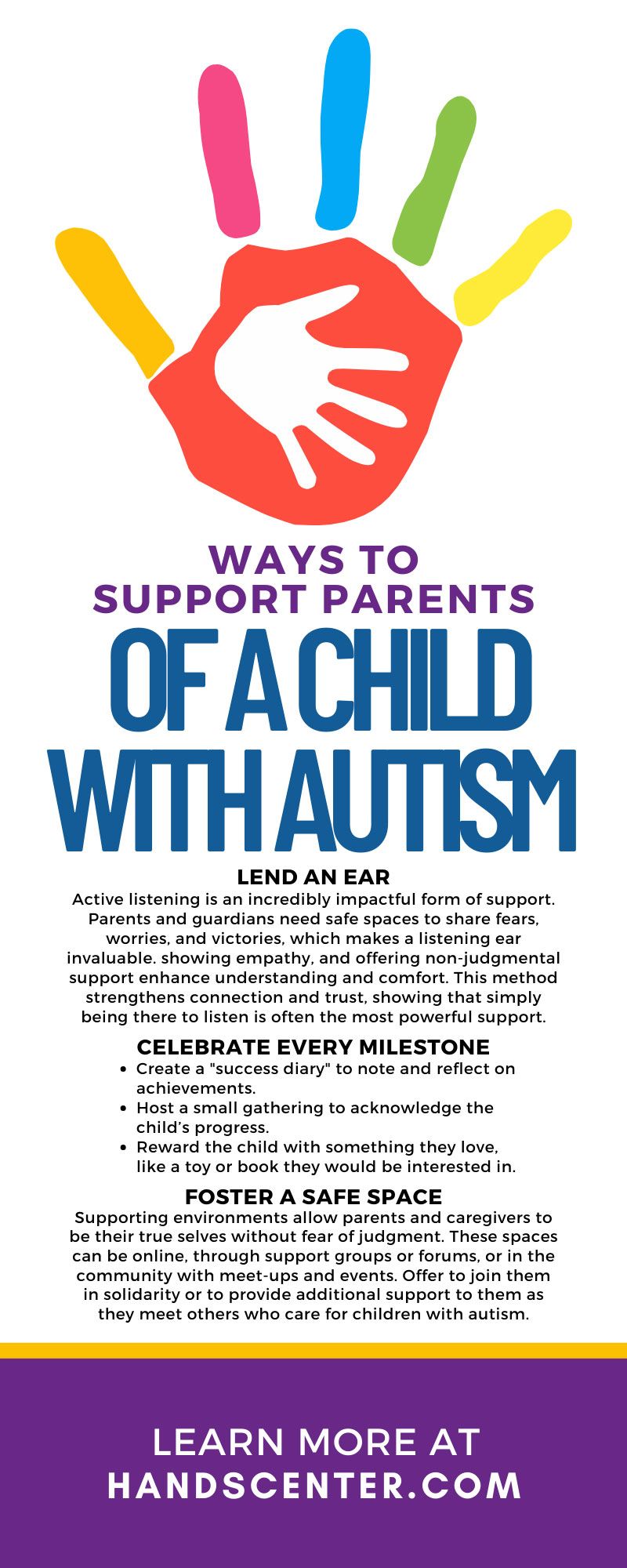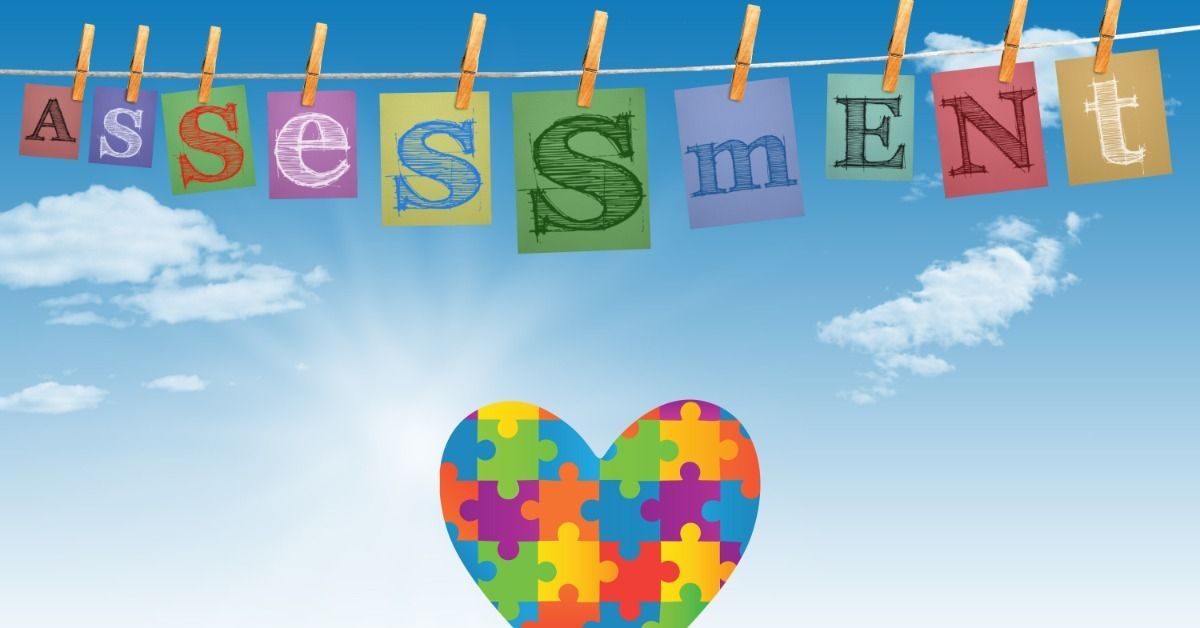Ways To Support Parents of a Child With Autism
Navigating the complexities of autism can be an incredibly isolating and challenging experience for parents. From the often complex process of diagnosis to the daily challenges of managing symptoms, caregivers face a demanding set of responsibilities and emotions. As such, fostering an environment where caregivers and parents are embraced, empowered, and encouraged within the autism community is key in making them feel supported. Here are a few ways to support parents of a child with autism.
Understanding Autism and Its Impact
Autism spectrum disorder (ASD) is a group of developmental conditions that cause challenges with social interaction, communication, and repetitive behaviors. These challenges can have a significant impact on daily life, including family life. Each child with ASD is unique, facing a world that can be under or overwhelming due to sensory stimulation.
An ASD diagnosis marks the start of a lifelong journey that impacts family relationships, finances, and daily routines. As such, early recognition and intervention are critical.
Practical Strategies for Emotional Support
Parents and guardians of children with autism can experience a rollercoaster of emotions in their day-to-day routine. Providing emotional support can significantly improve the situation. Here are some tactics to bring a sense of relief and empowerment to caregivers:
Lend an Ear
Active listening is an incredibly impactful form of support. Parents and guardians need safe spaces to share fears, worries, and victories, which makes a listening ear invaluable. showing empathy, and offering non-judgmental support enhance understanding and comfort. This method strengthens connection and trust, showing that simply being there to listen is often the most powerful support.
Celebrate Every Milestone
For a child with autism, each step forward is a monumental victory. Celebrating these milestones, regardless of their size, is important and meaningful. Here are ways to help the family celebrate.
- Create a "success diary" to note and reflect on achievements.
- Host a small gathering to acknowledge the child’s progress.
- Reward the child with something they love, like a toy or book they would be interested in.
- Share their victories with close friends and family to spread the joy.
- Create a custom certificate of achievement for big milestones.
Foster a Safe Space
Supporting environments allow parents and caregivers to be their true selves without fear of judgment. These spaces can be online, through support groups or forums, or in the community with meet-ups and events. Offer to join them in solidarity or to provide additional support to them as they meet others who care for children with autism. Through these spaces, parents and guardians can find support and guidance and form meaningful connections with those on similar paths.
Prioritizing Self-Care for Parents
Friends play a crucial role in encouraging self-care among parents and guardians caring for children with autism. They can remind the parent or caretaker that taking time for themselves is essential, not optional. Here are ways friends can support:
- Offer to Help: Sometimes, just offering to spend time with the child can give caretakers a much-needed break to recharge. Whether it’s a couple of hours or a day, this gesture can make a significant difference.
- Encourage Joining Support Groups: Friends can help by researching and suggesting support groups that offer a space for caretakers to share experiences and strategies, fostering a sense of community and understanding.
- Promote Self-Care Activities: Encourage them to engage in activities they love or try new ones that could help in relaxation. Joining them in these activities can also be a fun way to ensure they get some self-care time.
- Support Healthy Living: Encourage a balanced diet, regular exercise, and sufficient sleep. Offering to join them for meals or exercise can motivate them to prioritize their health.
- Be Patient and Understanding: Friends should understand the unpredictable nature of autism. Being patient and supportive is key in showing caretakers that they don't have to face these challenges alone.
The Role of Community in Support
Navigating life's challenges is easier with a strong support network. This is especially true for guardians and parents of children with autism. Supportive communities can turn this journey into one of empowerment and understanding. Here's a look at how collective efforts can make a big difference.
Extended Family and Friends Support
A supportive community is vital in creating a robust support network for parents. Extended family members, including cousins, grandparents, friends, and educators, can provide invaluable advice and assistance. Encouraging the involvement of these extended relations can significantly benefit both you and your child, offering the support you need.
Inclusive School and Leisure Spaces
Creating an inclusive environment means making schools, parks, and leisure places accessible and welcoming to all. Spaces designed for inclusion are key for children’s growth and well-being and offer caretakers a much-needed break. By building such environments, you’re promoting belonging and community, showing that everyone, regardless of abilities, is valued.
Leveraging Support Organizations
Numerous local and national organizations offer specialized resources for caretakers and parents of children on the autism spectrum. These resources vary from detailed informational toolkits to interactive support groups and mentorship programs, all designed to assist and guide parents through their journey.
Empowerment Through Advocacy
Advocacy plays a pivotal role in the autism community, with caretakers at the forefront. By gaining knowledge, sharing experiences, and creating support networks, parents and guardians can become powerful advocates. Sharing personal stories promotes understanding and motivates action, and networking with other parents provides a wealth of advice and empathetic support.
A Community United
Supporting the parents of children with autism is not a task to be taken lightly. It requires a collective effort and a wide array of tools and tactics. Together, in unity and empathy, we all can grow and learn from the unique gift of connection that the autism community provides. If you are a part of this community, reach out to us at the HANDS Center for Autism. We offer parent training for autism to educate you and support you at home and in other non-centered environments. We are dedicated to empowering and supporting parents of children with autism, and we invite you to join our community. Together, we can make a positive impact on the lives of families living with autism.







